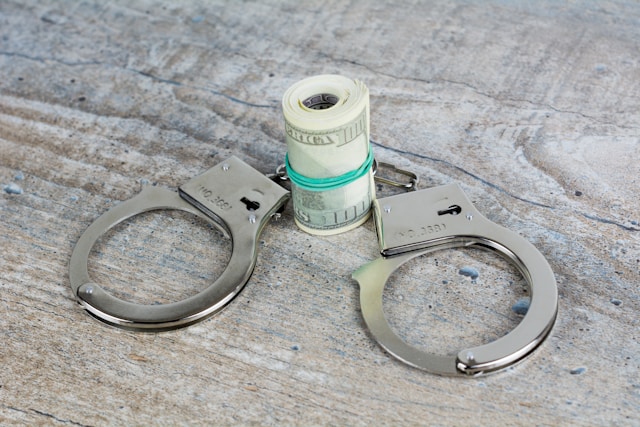Political crimes and corruption are among the most serious threats to the stability and functioning of democratic systems around the globe. Such acts not only undermine public trust in governmental institutions but also breach the fundamental principles of the rule of law, leading to the erosion of democratic values and weakening state governance. Let’s consider examples of political crimes and corruption, their impact on democratic institutions, public trust, and the economy, as well as international efforts to combat these phenomena.
What are Political Crimes and Corruption
Political crimes encompass a broad array of acts aimed against the state, its institutions, or public order. These crimes include corruption, abuse of power, bribery, illegal financing of political parties, election rigging, blackmail, using one’s official position for personal gain, and the persecution of political opponents. Corruption, in turn, represents a systemic phenomenon where officials use their positions to gain personally, which contradicts the interests of society and the state. International legal instruments like the United Nations Convention against Corruption (UNCAC) and the Council of Europe’s Convention on fighting corruption set standards for combating corruption and political crimes. However, implementing these standards remains a complex challenge for many countries.
If you encounter any problems, we recommend that you get in touch with Anatoly Yarovyi, the solicitor at Interpol’s law firm, who has many years of experience in representing clients’ interests at the European Court of Human Rights, as well as before various intergovernmental organisations, including the UN Commissioner for Human Rights.

The Impact of Corruption on Democratic Institutions
Corruption tears down the very foundations of democracy, such as an independent judiciary, transparent elections, a free press, and equality before the law. In countries riddled with high levels of corruption, you’ll find electoral processes tampered with, legislative procedures manipulated, and undue pressure on the courts and media. Examples of such nations often include those under authoritarian regimes, where corruption becomes a tool to cling onto power. Under these circumstances, laws and legal norms lose their force, turning into mere pawns in a political game. Moreover, corruption undermines the efficiency of public administration as state resources are diverted for the benefit of a select few, leading to the deterioration of public services and a rise in social injustice.
How Political Crimes and Corruption Erode Public Trust
Public trust in state institutions is the bedrock of stable and effective governance. However, political crimes and corruption erode this trust, leading to widespread disillusionment among citizens and fuelling apathy towards the political process. People start doubting the integrity of elections, the fairness of the judicial system, and the efficiency of government policies. This results in a surge of protest sentiments, a decline in participation in political life, and ultimately, undermines the legitimacy of authority. In countries where political crimes and corruption become systemic, there’s often a shift from democracy to authoritarianism as citizens begin to back leaders who promise to tackle corruption but end up with a regime that suppresses rights and freedoms.
The Economic Consequences of Political Crimes and Corruption
Political crimes and corruption have a devastating impact on the economies of nations, particularly in developing countries. First off, corruption diminishes investment appeal, as investors fear political instability and opaque rules of the game. As a result, economic growth slows down, and poverty levels rise. Moreover, corruption leads to the irrational use of state resources, resulting in budget deficits, an increase in external debt, and a deterioration in the quality of infrastructure and social services. In the long run, political crimes and corruption can lead to an economic crisis, which, in turn, will exacerbate political instability and social tension.
The Global Fight Against Political Crimes and Corruption
The international community recognises the significance of tackling political crimes and corruption to ensure global stability and sustainable development. Organisations such as the United Nations, the World Bank, the International Monetary Fund, and the European Union are actively involved in devising and implementing anti-corruption strategies and programmes. A key component of international cooperation is the exchange of information and coordination of efforts in investigating and prosecuting corruption offences. An example of successful international cooperation is the United Nations Convention against Transnational Organized Crime (the Palermo Convention), which includes measures to combat corruption and political crimes at an international level. However, to achieve significant results, stricter control mechanisms and sanctions are needed, along with strengthening the independence of judicial and law enforcement bodies.
